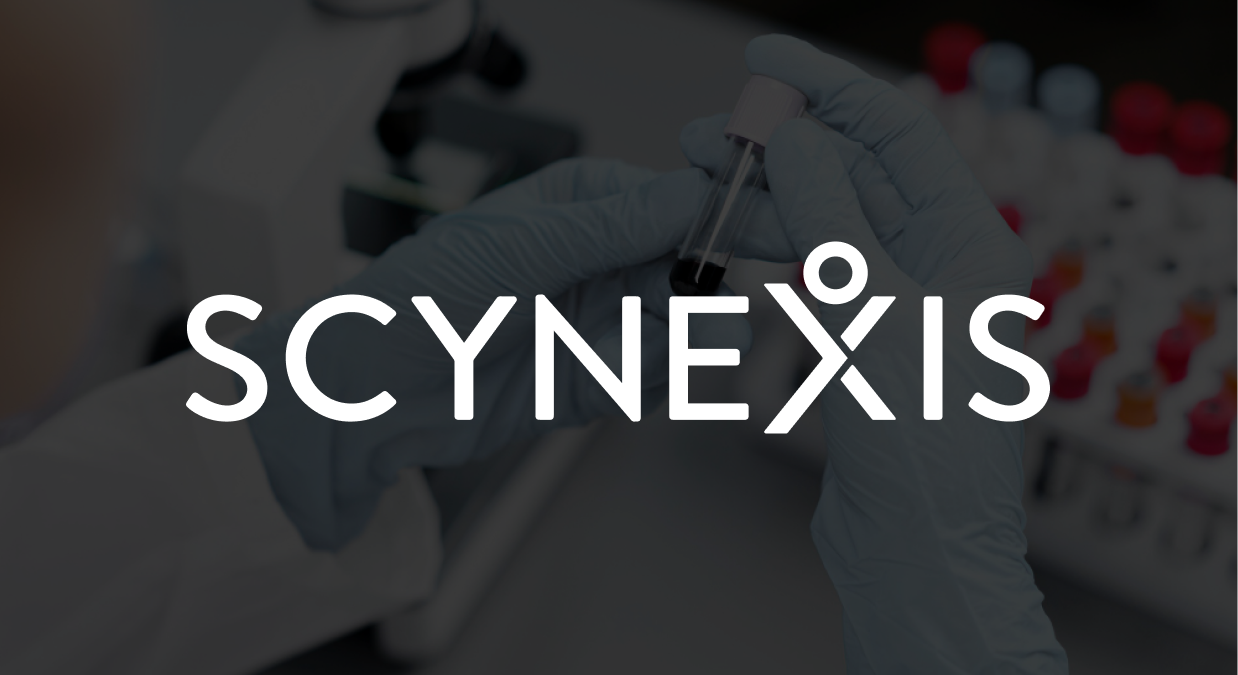SCYNEXIS Resumes Patient Dosing In Phase 3 MARIO Study Evaluating Treatment For Fungal Infections
SCYNEXIS resumes dosing in Phase 3 MARIO study for invasive candidiasis after FDA lifts clinical hold.
Breaking News
May 29, 2025
Simantini Singh Deo

SCYNEXIS, Inc., a biotechnology company focused on developing innovative medicines to combat difficult-to-treat and drug-resistant infections, announced that patient dosing has resumed in its Phase 3 MARIO study. This study is designed to evaluate oral ibrexafungerp as a potential step-down antifungal therapy following intravenous (IV) echinocandin treatment for invasive candidiasis, a life-threatening fungal infection. The trial had been placed on clinical hold due to concerns raised by draft U.S. Food and Drug Administration (FDA) guidance regarding the manufacturing of a non-antibiotic beta-lactam drug (ezetimibe) at the same site as ibrexafungerp, which raised potential cross-contamination issues.
Dosing has now resumed after new clinical supplies were manufactured at a different site, and the FDA subsequently lifted the clinical hold. If successful and approved, this therapy would offer healthcare providers the option to transition patients from IV echinocandins—the current gold standard for invasive Candida infections—to a non-azole oral therapy that maintains the same mechanism of action (glucan synthase inhibition). SCYNEXIS stated that the dosing of the first new patient is expected to trigger a $10 million payment from its partner GSK, with an additional $20 million payment expected on the six-month dosing anniversary.
David Angulo, M.D., President and Chief Executive Officer, said, “We are pleased to announce the dosing of the first new patient in the Phase 3 MARIO study following the lifting of the clinical hold by the FDA in April. The rapid resumption of patient enrollment, just a few days after the investigational sites were re-activated in the study, reflects the eagerness of the scientific community to have new treatment options for this life-threatening infection.”
Barbara D. Alexander, MD, MHS, FIDSA Professor of Medicine and Pathology at Duke University and the Director of the Transplant Infectious Diseases Service, stated, “I’m happy to see this important study restarted, and glad that we have been able to contribute by enrolling a new patient. We need additional treatment options for patients with invasive fungal diseases, and we are looking forward to the completion of this study evaluating oral ibrexafungerp in this area of significant unmet need.”
Dr. Luis Ostrosky-Zeichner, MD, Professor of Medicine and Epidemiology and Chief at the Division of Infectious Diseases of the McGovern Medical School (UTHealth Houston), mentioned, “There is substantial need for new treatments for invasive candidiasis, particularly for Candida strains resistant to the currently approved antifungals. Ibrexafungerp could play an important role in improving the outcome of patients with these life-threatening infections, and I am glad to see this important study reinitiated in our institution.”
However, SCYNEXIS and GSK currently have a disagreement regarding the resumption of the MARIO study and GSK’s obligation to pay these milestones, which SCYNEXIS is actively working to resolve. The company expressed gratitude to the clinical investigators for their patience and ongoing support during the hold period and for their continued dedication to successfully completing this important study, which has already enrolled approximately 25% of the planned patient population.
